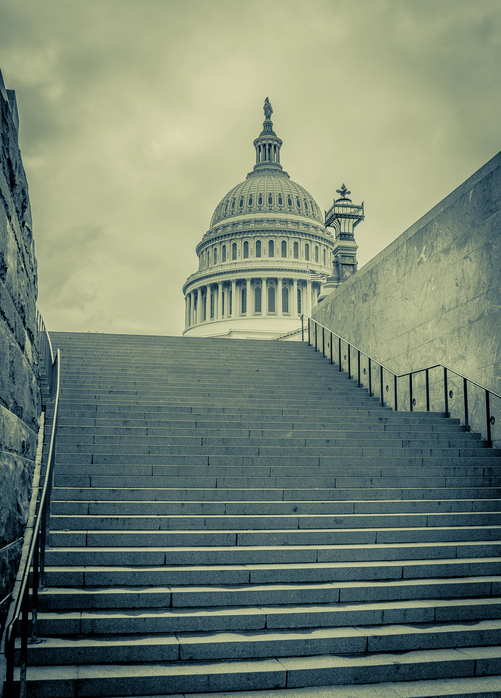 Update: On February 9, President Trump signed into law the Bipartisan Budget Act of 2018. This new law retroactively renews the §179D deduction for 2017. Therefore, commercial building owners and primary designers may now claim the deduction for qualifying energy-efficient projects completed in 2017. At this time, however, Congress has not taken any action to extend §179D for 2018 or future years. Capital Review Group will keep abreast of Congressional activity, and we will post any further updates regarding the §179d deduction.
Update: On February 9, President Trump signed into law the Bipartisan Budget Act of 2018. This new law retroactively renews the §179D deduction for 2017. Therefore, commercial building owners and primary designers may now claim the deduction for qualifying energy-efficient projects completed in 2017. At this time, however, Congress has not taken any action to extend §179D for 2018 or future years. Capital Review Group will keep abreast of Congressional activity, and we will post any further updates regarding the §179d deduction.
Originally enacted under the Energy Policy Act (“EPAct”) of 2005, the §179D deduction has yielded substantial savings for taxpayers over the years, while benefitting the environment by incentivizing sustainable design. This popular provision offers commercial building owners or primary designers—such as architects, engineers, or contractors—a tax deduction of up to $1.80 per square foot for implementing energy efficiency measures in new or existing buildings. Specifically, the deduction is worth up to $0.60 per square foot for improvements to lighting systems, $0.60 for HVAC systems, and $0.60 for the building envelope.
Despite its widespread support, the §179D deduction has never been a permanent part of the tax code and instead has been repeatedly renewed after lapsing. The deduction most recently expired on December 31, 2016. Unfortunately, legislators have not yet taken definitive action to renew §179D, but three bills have been introduced in Congress. Here are a few possibilities for an extension or expansion of the §179D deduction:
- H.R. 6361. Sponsored by Rep. Alan Grayson (D-FL) and introduced in the House of Representatives on November 17, 2016, this bill would extend §179D through December 31, 2018.
- H.R. 6360. This bill was also introduced by Rep. Alan Grayson, but would only extend the deduction for one year—through December 31, 2017. At the time of this writing, no further action has been taken on either H.R. 6360 or 6361.
- H.R. 6376. A bipartisan effort sponsored by Rep. David Reichert (R-WA) and co-sponsored by Rep. Earl Blumenauer (D-OR), Rep. Tom Reed (R-NY), and Rep. Chris Van Hollen (D-MD), this bill proposes an expansion of the §179D deduction. Previously, tax-exempt governmental entities could allocate their deductions to the primary designers of qualifying energy efficiency measures. This has allowed architects, engineers, contractors, and other designers to significantly reduce their tax burdens based on projects they have performed on public buildings. If enacted into law, H.R. 6376 would also allow 501(c)(3) nonprofit organizations to allocate their deductions to primary designers. In addition, the bill states that partnerships and S corporations would be eligible to receive an allocation of the §179D deduction—which would extend this valuable incentive to many additional small and medium-sized businesses. H.R. 6376 has been enthusiastically endorsed by the American Institute of Architects (AIA).
While the fate of these bills currently remains uncertain, many taxpayers are hoping that lawmakers will approve an extension and possible expansion of the §179D deduction. For now, building owners and primary designers can still claim the deduction for previously completed projects—but time is running out.
Have you recently installed energy efficiencies in a new or existing commercial building, or have you designed such measures for a government-owned building? Act quickly to find out if you qualify for the §179D deduction! Capital Review Group (CRG) is a leading third-party certifier for §179D claims and can review your projects for opportunities to save. Don’t miss out on this valuable incentive—contact CRG today for a pro bono analysis!
(Sources: https://www.aia.org/press-releases/24331-architects-endorse-house-legislation-expandi, https://www.congress.gov/search?q={%22source%22:%22legislation%22}).